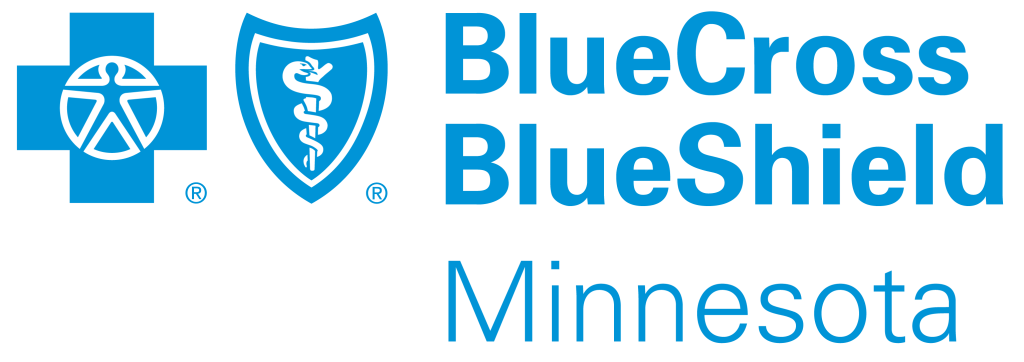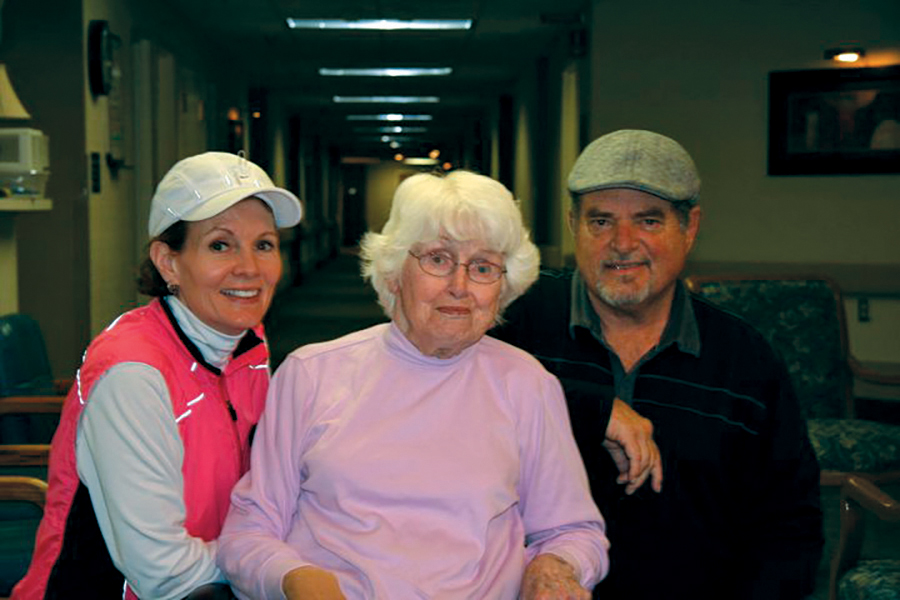Diana Pierce was still working full time as an anchor for KARE 11 when her mother suffered a debilitating stroke in 2000.
Soon after, Pierce became her primary caregiver, balancing that role with work and the rest of life until her mother died in 2014. Looking back, Pierce views that time as a gift. She offers some insight from her experience.
After the stroke happened, my mom was in California for about six months and it became very obvious that we were going to need to move her to a care facility. The stroke affected the speech area of her brain and left her without the use of her right arm. And so, as time progressed, her ability to speak clearly or at least communicate her wishes became diminished. My mom had the foresight to not only create a health directive but also power of attorney, and it was decided that she would move to Minnesota and I would become her primary caregiver.
Finding a facility that would meet her needs was critical early on as I knew I wouldn’t be able to oversee what she was doing daily. We ended up deciding on one that was close to our house and was also a facility that if you were in a situation where you needed additional progressive care and supervision, you could stay in the same facility and progress through their nursing care.
Communication between mom, medical staff and myself was so important. I always checked with mom to make sure that the communication between her doctors and her nurses was what she wanted. They also were very good about directing their questions to her and would only deflect to me if they felt that she wasn’t able to answer the question. I would always make sure—sometimes I would ask questions two or three times just to make sure that she indicated exactly what she wanted.
Learning patience was part of the caregiving process. Sometimes it took time to understand and explain her needs. There were also things like learning to sign her name with her left hand, caring for her nails, hair and wardrobe—she still wanted to look pretty—that were difficult.
Those seem like little things, but those little things are the big things in life. Being able to feel like you’re engaged with people around you—that’s what was important for me to do for her. I wanted to make sure her voice was heard through me.
Being able to lean on others was important. I was able to utilize much of what I learned from health care reporting, but I also had support from family, mom’s general physician, the nursing staff, and I also have a girlfriend who is a nurse practitioner.
There are going to be days when everybody is frustrated—we definitely experienced those days. But for me, caregiving was a gift, for me and my mom.


